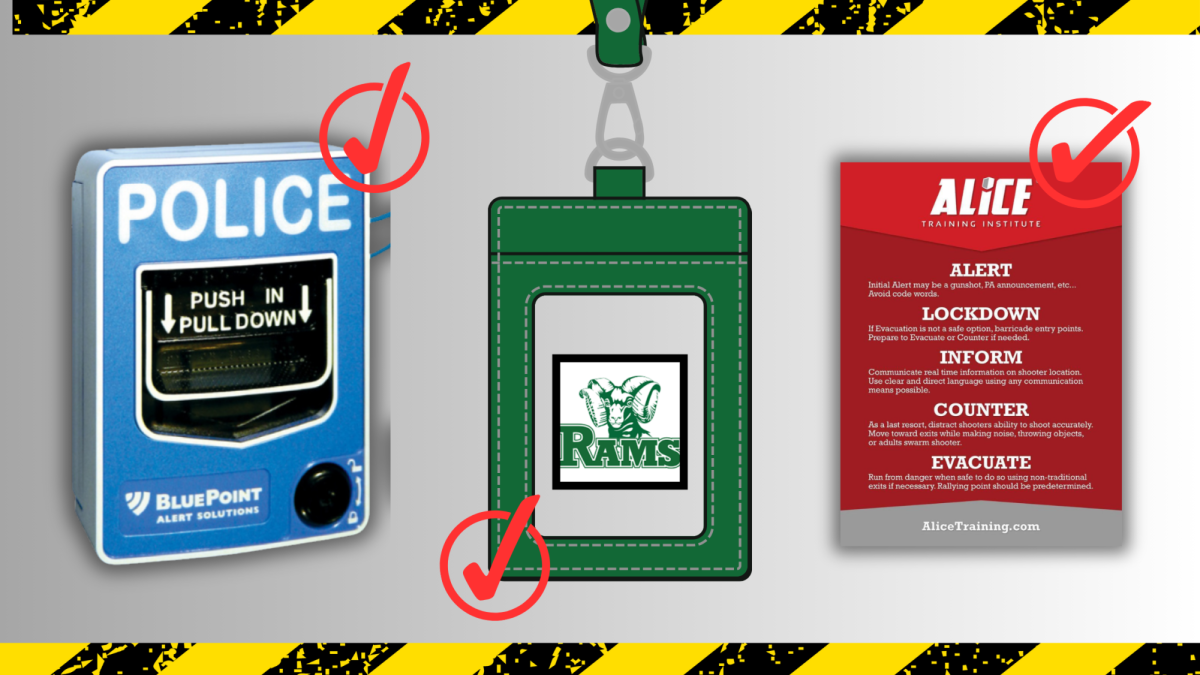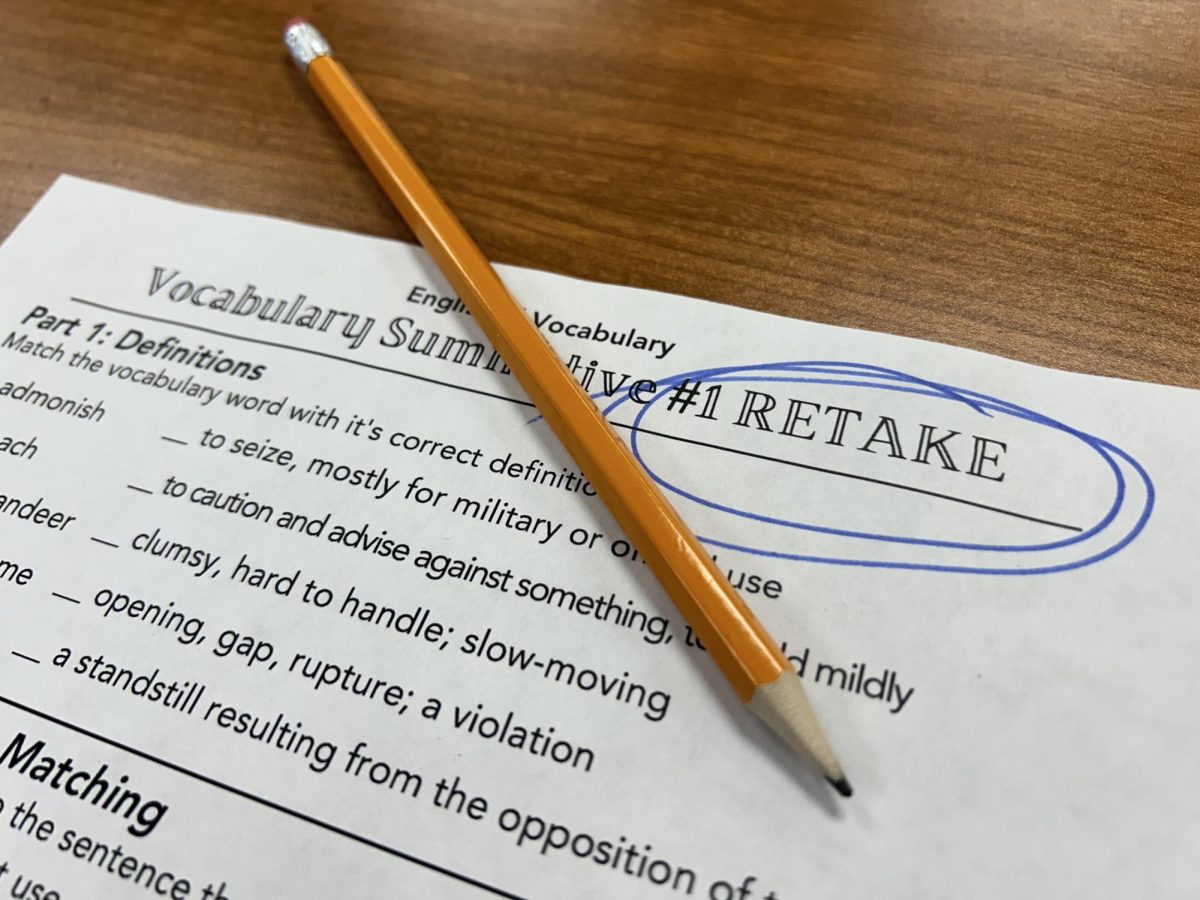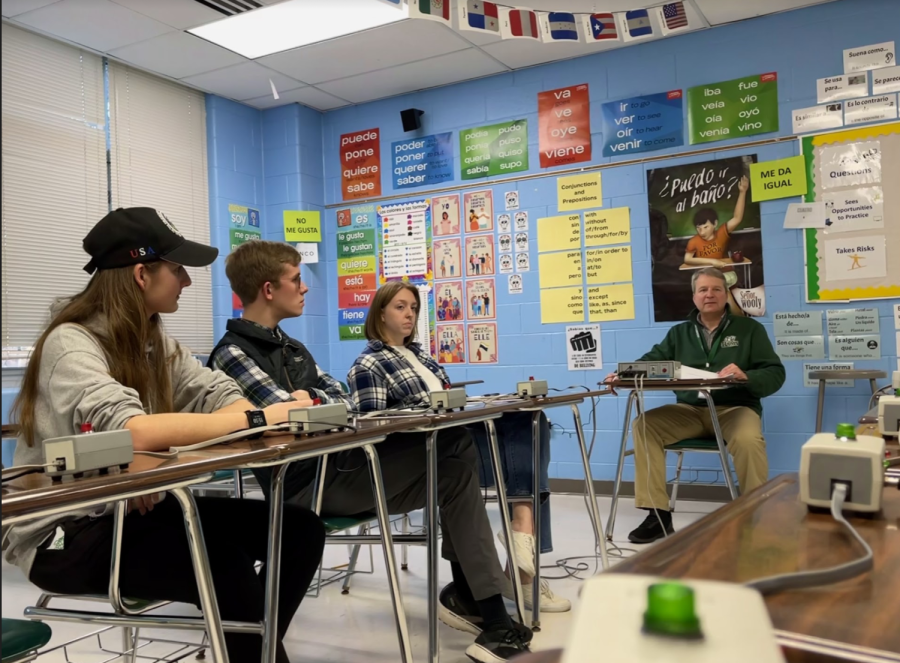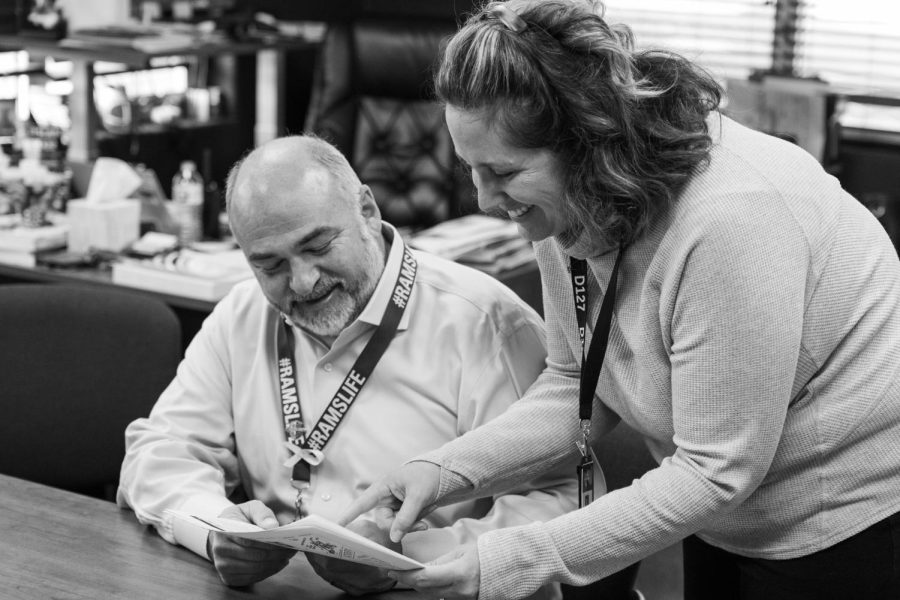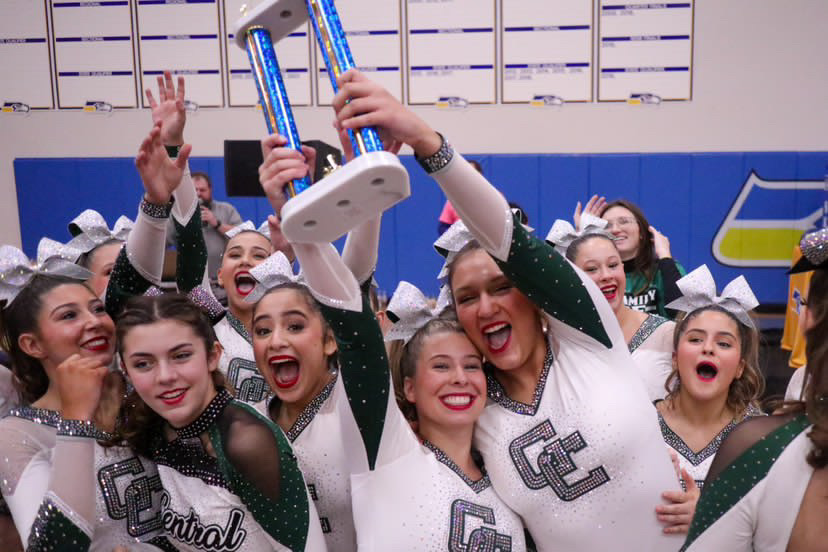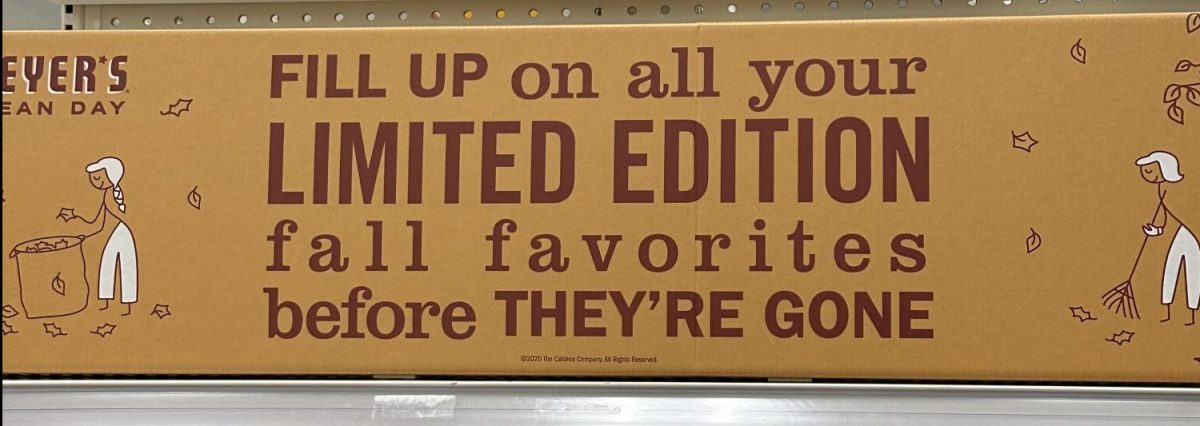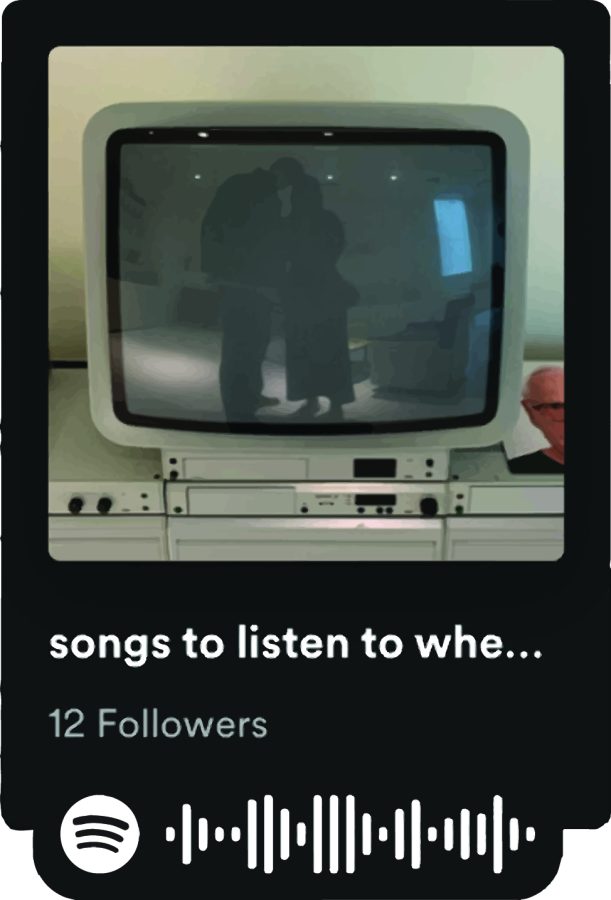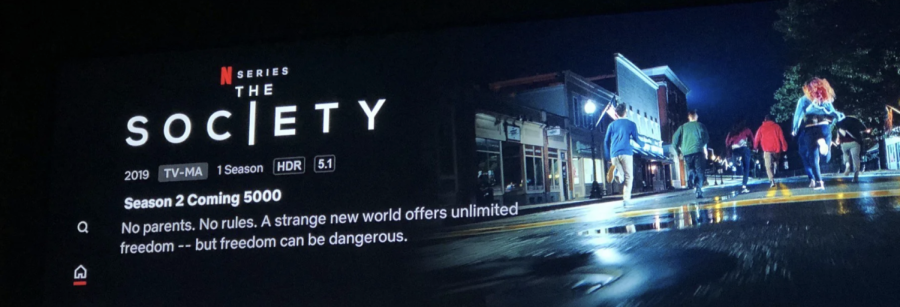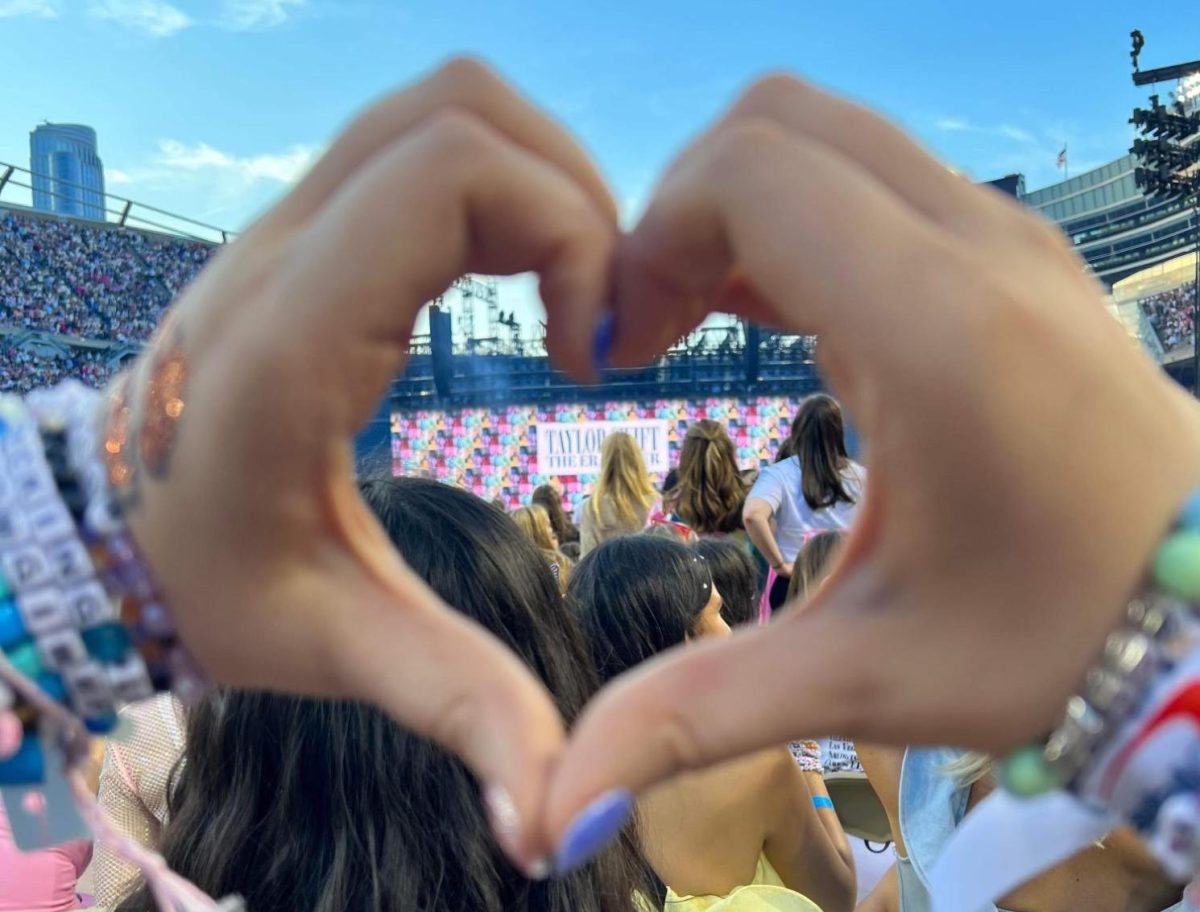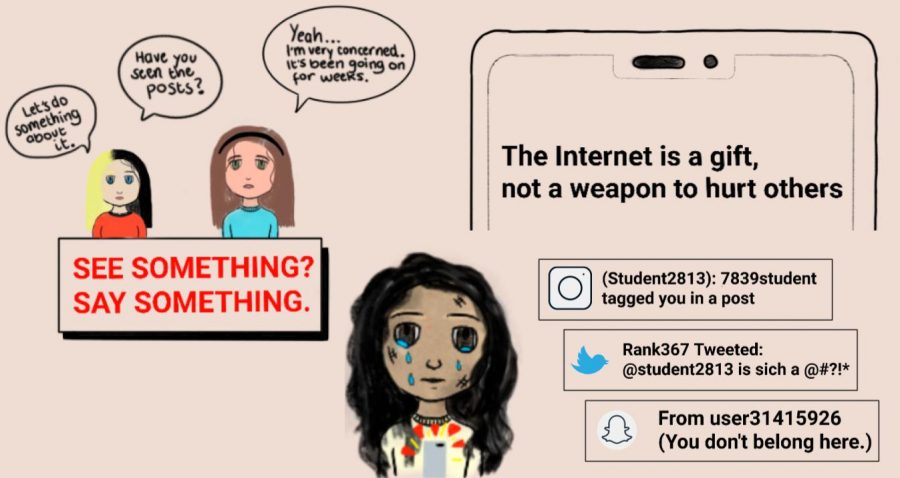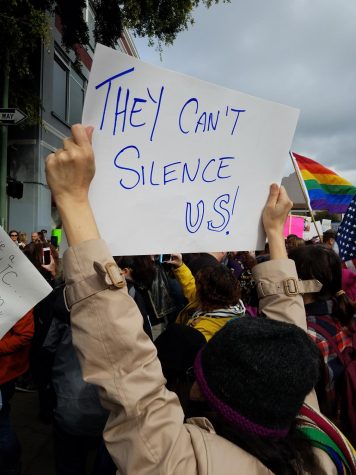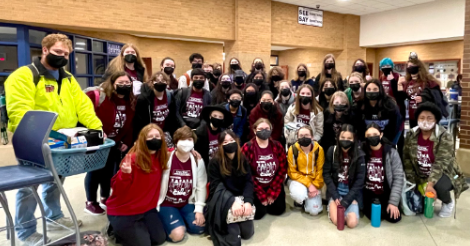Are New Years Resolutions a Thing of the Past?
Teachers and students explain their opinions and plans for 2022
February 10, 2022
In the year 2021, many significant events happened; from the summer Olympics in Tokyo to Spider-Man: No Way Home making 1.37 billion dollars, to Senator Bernie Sanders going viral for his mittens, this year held quite a bit. Although these events may range in significance to people around the world, there is one thing that has significance to all of us: New Year’s Resolutions. As we go into the new year of 2022 the majority of us ask ourselves “What will my new year’s resolution be?”
New year’s resolutions go as far back as ancient Babylons about 4000 years ago. The ancient Babylonians would vow to the gods to return any items they borrowed and pay all their debts. If they failed, they would be out of the gods’ favor, but if they succeeded they would be in the gods favor for the upcoming year. Although new years resolutions aren’t as intense as back then, they are still very relevant in our society today. That being said, fewer and fewer people are making new year’s resolutions each year. As the New York Times revealed, in 2022 only 29% of Americans made resolutions for the year, compared to 2021 when 43% of Americans made resolutions for that year.
Christopher Schwab, a senior at Central, made the resolutions of being more responsible and to stop consuming pointless media on apps like Youtube and Instagram. When asked whether or not he’ll meet his resolutions he replied in doubt. “I’m not sure. I think I’m going to have to meet my resolution, especially with this new step into college. I’m not going to be able to do the same bad [study] habits I usually do, because then I’ll be homeless. I would like to learn how to be a more responsible person. “ When asked about how he’ll deal with the struggles he responded with “I don’t fully know. I’ll have to learn how to make good habits in order to become more responsible. If I can get myself into a routine that I can base my life around then I’ll be able to let people know when I can hang out and stuff during that routine. I’ll also be getting better sleep by having a set time in that routine to go to bed.”
Ms. Edwards, an English teacher, didn’t set a resolution this year. When asked about is not making a resolution has affected her, she responded with “Yes, in a more positive way. Instead of having an overreaching goal for the year. I break down smaller [goals]. I also use words that take me through the year rather than specific goals in mind. Using words such as believe and light helped me more in guiding throughout the year.” She was then asked her opinion on people setting resolutions. “I think it depends on the person. When I have set resolutions for myself in the past, I put way too much pressure on myself. And by setting resolutions I was stressing myself out. If it didn’t go the way I hoped, I would be disappointed in myself and just feel even worse about myself. But if someone thinks they are setting a resolution that is feasible then they should definitely work towards that for the year. But for me, I’m not that person due to my past experiences.”
When asked about how making resolutions has taught them anything Schwab and Edwards had similar answers. Edwards responded “Not making a resolution has made me feel a lot lighter about myself. It makes me feel more by taking things on a day-by-day basis. There’s a lot of expectations that come with thinking about the year as a whole, but rather I think about it in smaller steps whereas what I can accomplish each week or each month rather than thinking about one large overarching thing for the full year.” Schwab replied “I think that having goals has taught me lessons. Goals are good because goals are something you’re working towards for yourself. Then you can achieve those goals, and if you don’t you can analyze why you didn’t achieve that goal. You would be helping yourself in that way.”
Many people around the world struggle with deciding whether or not they should make a resolution for the year. When asked about what they would say to those who struggle with creating and following through on resolutions, both Schwab and Edwards had very encouraging answers. Edwards responded with “I’d say don’t worry about having a resolution, try having a goal and work towards doing tiny chunks at a time. It’s way more manageable. Don’t have resolutions, have goals, and take tiny steps towards those goals.” Schwab had a similar answer saying “If you’re going to make a resolution, do not be too hard on yourself. Try to make sure whatever you’re setting is doable, and that you don’t add more pressure onto yourself. And if you’re someone who is leaning towards not making a resolution that’s okay too. Try setting up smaller goals for yourself, and eventually, you’ll be able to set a larger goal for yourself.”
At the end of the day, new year’s resolutions are just things we tell ourselves. If we succeed or fail at them, they do not define us as people. Putting pressure on yourself to achieve something only for the year will make it harder to achieve. Instead, make goals and dreams, and don’t expect yourself to work towards them every day. Some things can take years to achieve, but if you believe you can do it and take tiny steps you will eventually succeed, and that success will be the greatest feeling in the world.

